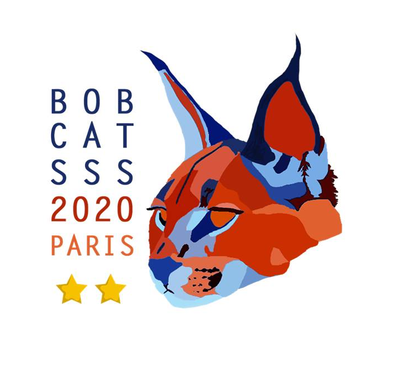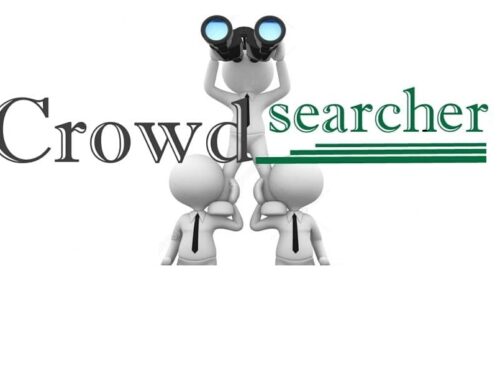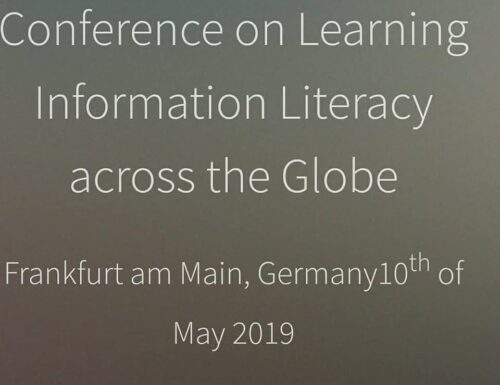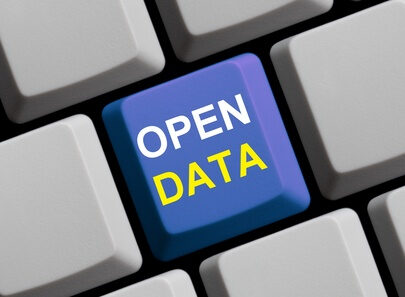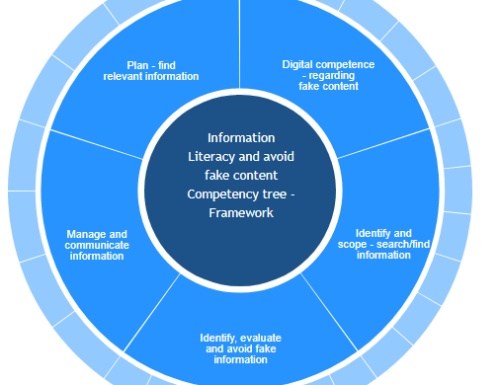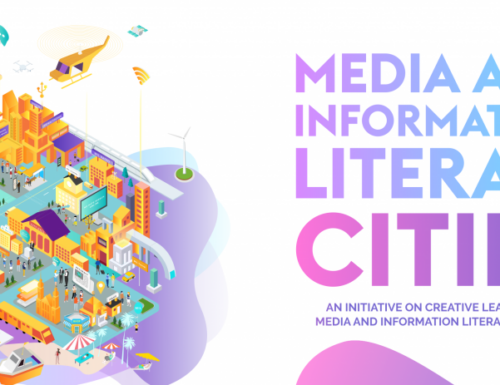
11th #GlobalMILweek @MILCLICKS October 26, 2022 – NIGERIA @unesco “Global Media and Information Literacy Week” #MILCLICKS
Theme: “Nurturing Confidence: An imperative for media and information literacy.” EDITION 2021 The 11th Global Media and Information…
